In his book, Death: Cultural, philosophical and religious aspects (2016), Nicolae Sfetcu translated a text he found in Wikipedia, referring to our work on «mourning and loss events without mourning value (white factors)». First, we want to clarify that our term « facteurs blancs » in French should rather be translated into English by « blank factors ».
Our work on manic-depressive psychosis is based on the fundamental concepts of white factors or blank factors (Arce Ross, 1999, 2009) and altruistic anguishes (Arce Ross, 2016) that I have been able to formalize in recent years.
Blank factors mean that certain loss events or crucial events in the subject’s life, including those that are said to be positive, do not fit with the emotional burden that would normally be correlated with it. This is how the blank factor during a loss event is experienced by the manic-depressive without the affective value of loss. As a result, it is not in the subjective problematic of loss.
Altruistic anguishes are the anguishes that a subject can feel for another with whom he has a privileged relationship. We have, for example, the anguish that a mother can experience for her son. But altruistic anguish also signifies the anguish that a subject feels as belonging to the Other and that he receives from that Other. For example, the anguish that the son can feel from his mother’s anguish for him.
So, Nicolae Sfetcu says this:
«According to German Arce Ross, there are cases, especially if one takes into account the manic depression, where loss events are experienced by the subject, which recognizes it intellectually yet, without a true emotional value of mourning. In this form of loss without bereavement issues, it is not a pathological mourning assumed as melancholy, but a lack of recognition of the loss, both in his psychic reality and in his emotional suffering effects.
«Unlike the pathological mourning, the manic depressive subject does not need to deny the loss because, for him, we would not have lost. These non-bereavements or losses without any emotional value, are called with the term white factors.»
Indeed, white or blank factors are negative, tragic or catastrophic events such as erotic loss, death, disruption of normal living conditions, do not have a loss value of an object for the subject and which, moreover, renew the empty value due to foreclosure of the paternal function. Blank factors are called so because they are white space, or holes in the unfolding of the signifying chain, which dangerously mobilize the rejection of the unconscious. They create, in fact, empty spaces that engage the enigmatic experience vis-a-vis of which the subject adapts more or less since the disaster that is his birth. However, if it is not mandatory that these blank factors being tragic, even if often they are.
The main idea is that the rejection of the unconscious is back with strength in each blank factor and connects, through his intermediate, with what of the drive becomes mortal. Thus, in the blank factors, there is not actually an emotional loss experienced and this lack is found both in the circumstances that trigger the construction of a delirium of death.
German ARCE ROSS. Paris, November 2016.
Copyright © 2016 German ARCE ROSS. All Rights Reserved.
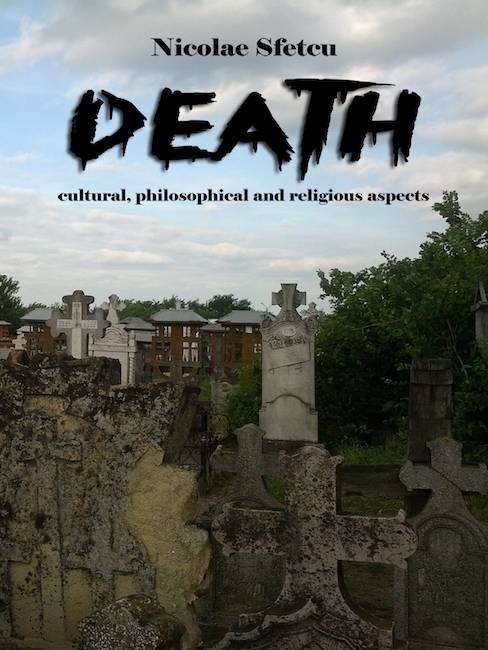
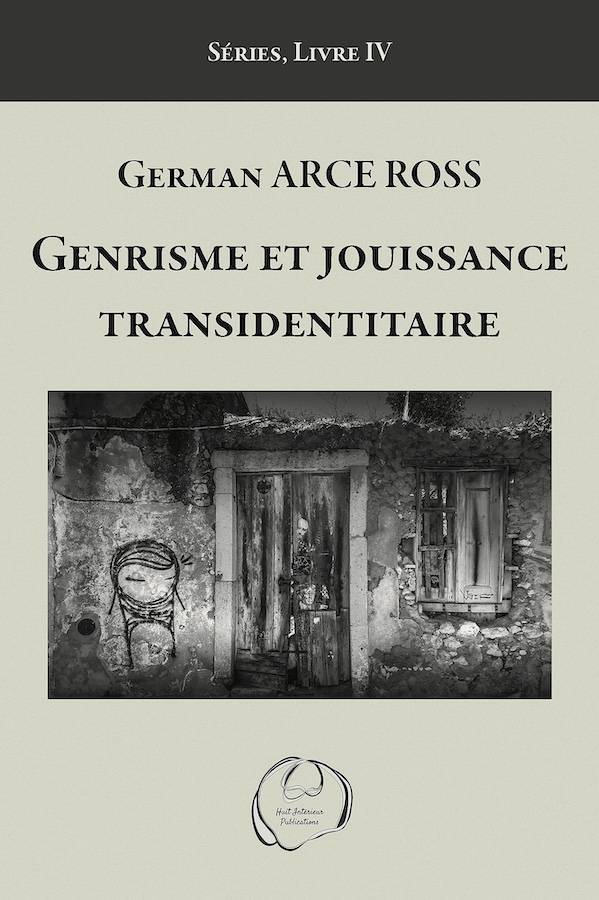
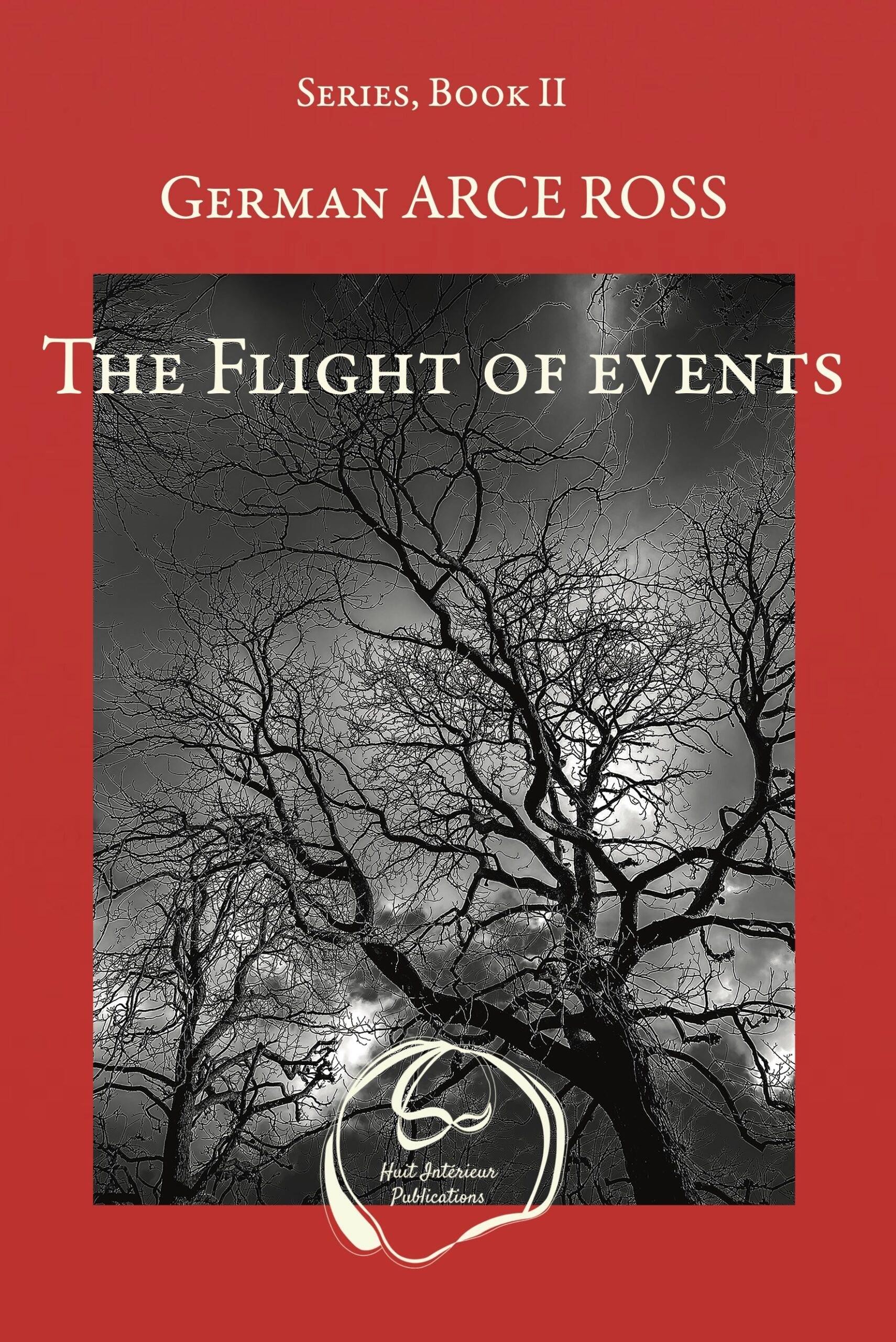
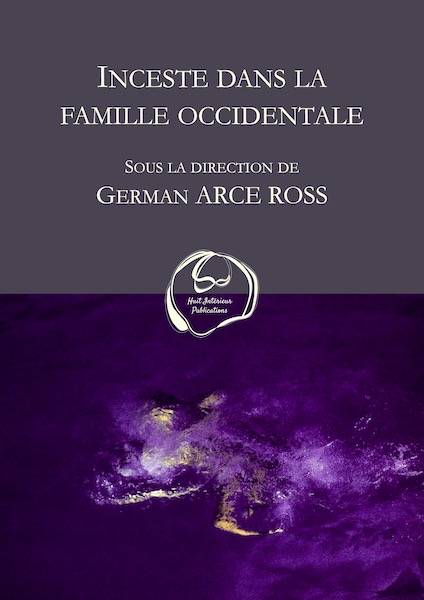
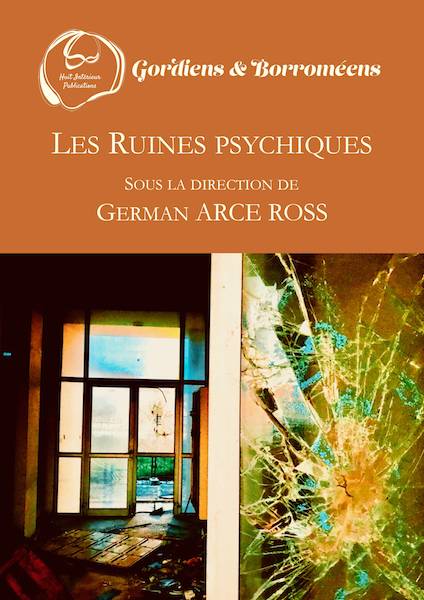
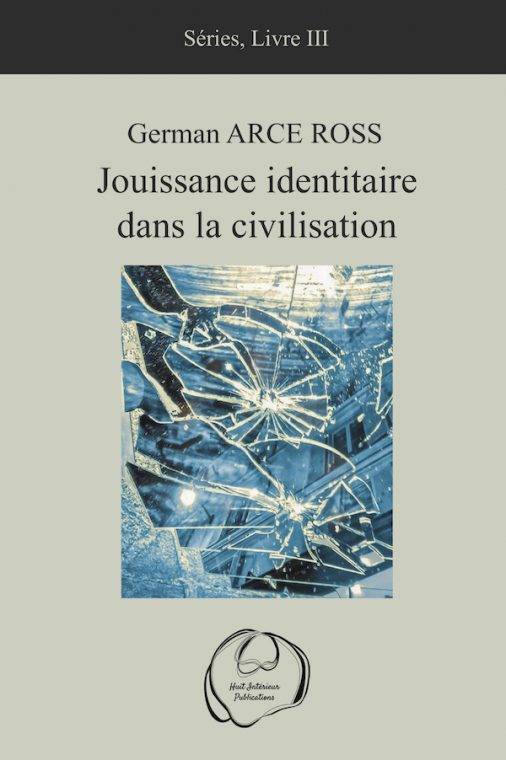
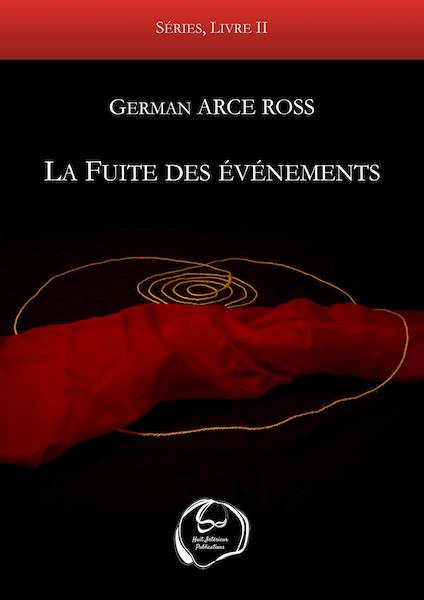
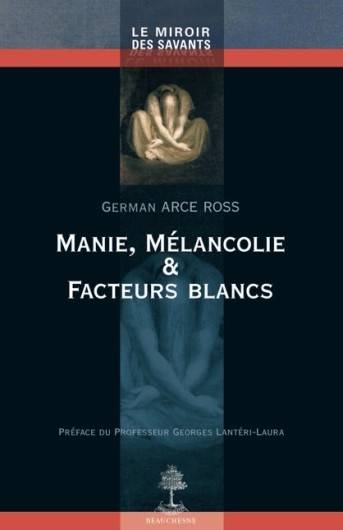

Commentaires récents